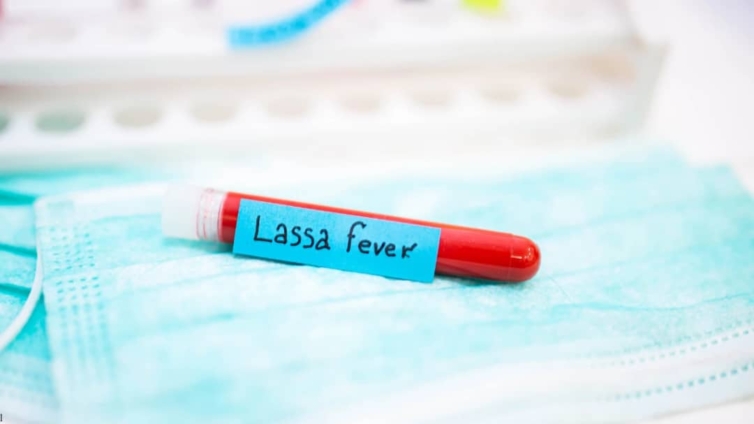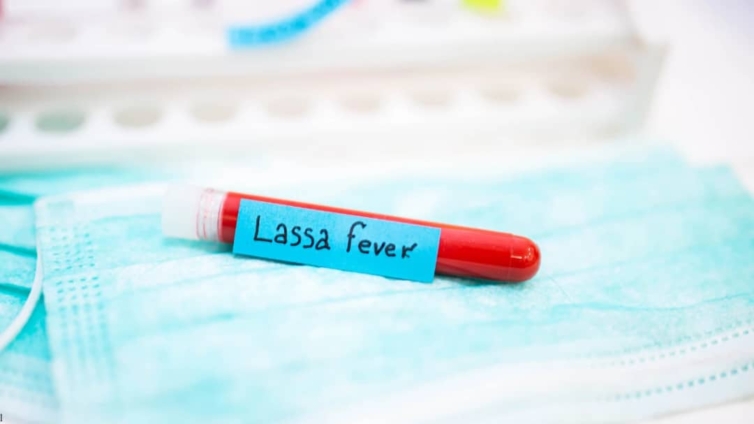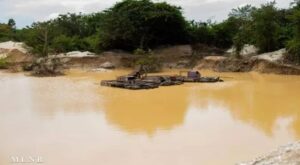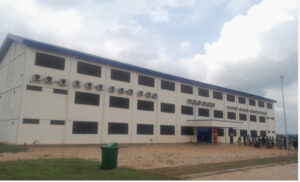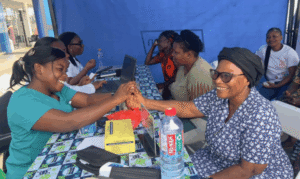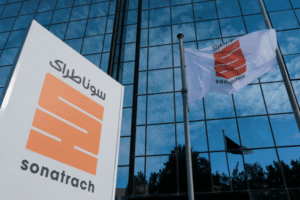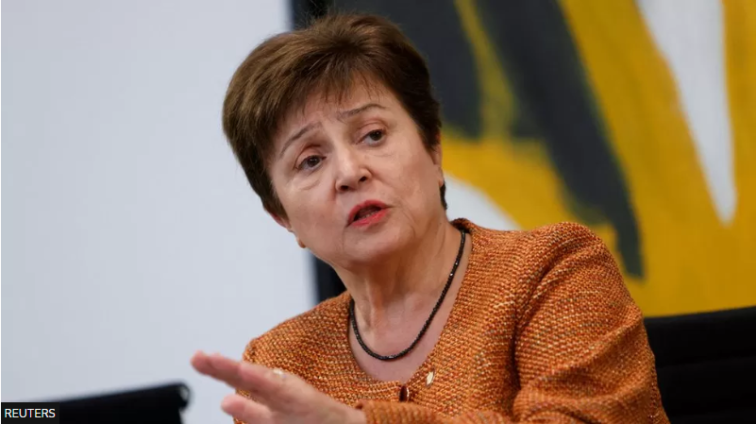A vaccine for Lassa fever could be ready by 2032, health experts have revealed in Abidjan, Côte d’Ivoire.
Phase 1 trials of the vaccine development have been completed, with phase 2a trials currently ongoing. The development of the vaccine is expected to cost between $225 million and $340 million, with key cost buckets including clinical development, chemistry, manufacturing and control, and commercial readiness at Institut Pasteur de Dakar (IPD).
$185 million will be needed for the clinical development bucket, with an additional cost of up to $100 million potentially required for phase 3, depending on the required trial sample size. There are also potential additional costs of $5 million for phase 2b and $5 million for the bridging study. For the chemistry, manufacturing, and controls bucket, $25 million will be required, with an additional $5 million potentially needed. Commercial readiness at Institut Pasteur de Dakar (IPD) will require $13 million, bringing the total funding needed to $340 million.
Experts say funding must be secured in advance of key milestones to keep the licensure pathway on track. For instance, Phase 2b, which involves clinical development and a bridging study, is expected to begin in 2026, with funding requirements of up to about $28 million and $15 million, respectively. Tech transfer to a new Contract Development and Manufacturing Organisation (CDMO) will also begin in 2026, with funding of up to $3 million required. Manufacturing scale-up for phase 3 is slated to begin in 2027, with costs of up to $8 million.
Phase 3, under clinical development, is expected to begin in 2028, with estimated costs ranging between $150 million and $250 million. Transfer to and validation at IPD for commercial readiness is also anticipated to cost up to $13 million.
Additional medium-term costs include Good Manufacturing Practice (GMP) phase 3 Clinical Trial Material (CTM) and product bridging, which cost up to $13.6 million, and Late Stage Supporting Activities, costing $8.9 million.
Lassa fever is on the World Health Organisation’s list of priority diseases that need urgent attention because of their potential to cause global outbreaks.
Currently, clinical trials of a Lassa fever vaccine candidate are ongoing in Ghana, Liberia, and Nigeria. The IAVI C105 trial is testing the safety, tolerance, and immune response of the vaccine at different dosage levels. The study involves adults, including people living with HIV, as well as adolescents and children aged two years and above.

Senior Epidemiologist at the Coalition for Epidemic Preparedness Innovations (CEPI), Dr. Henshaw Amandi, highlighted some of the organisation’s achievements at the WAHO Lassa Fever International Conference, which ended on Thursday, September 11, 2025
“The Phase 1 trial started in 2018, and by 2025, we will be halfway through production. In just a few more years, we will have a vaccine for Lassa fever,” he told JoyNews’ Mahmud Mohammed-Nurudeen in an interview.
Dr. Amandi stressed the importance of establishing regional institutions that can develop vaccines in areas of high priority. He added that CEPI is working to ensure that once the vaccine reaches the manufacturing stage, production will take place within the region.
CEPI backs multi-country trial of promising Lassa fever vaccine candidate
About 612 participants will receive a single dose and will be monitored for six months. Some of them will be followed for two years to track long-term safety and immune protection. The trial sites include the Noguchi Memorial Institute for Medical Research in Ghana, the Partnership for Research on Vaccines and Infectious Diseases in Liberia, and HJF Medical Research International in Nigeria, supported by the Coalition for Epidemic Preparedness Innovations (CEPI).
Earlier this year, CEPI and Wellcome provided $6.4 million to scientists at the University of Texas Medical Branch to identify immune responses that protect against Lassa fever under the project called Unravelling Natural and Vaccine‑Elicited Immunity to Lassa fever (UNVEIL). This aims to develop markers in blood or cells that can show whether a vaccine works, reducing the need for lengthy trials.
Lassa fever was first described, and LASV was first isolated in 1969 when two missionary nurses became ill and died in the town of Lassa, Nigeria. Since then, Lassa fever has been shown to be prevalent in many West African countries, such as Benin, Ghana, Guinea, Liberia, Mali, Nigeria, and Sierra Leone. In these countries, both sporadic cases and prolonged outbreaks of the disease are observed.
It is a viral disease spread mainly through contact with food or household items contaminated with the urine or faeces of infected rodents. Human-to-human spread can also occur, especially in hospitals without strong infection control.
Experts say the disease affects up to 300,000 people every year in West Africa, with fatality rates reaching 20 per cent among patients admitted to hospitals. Survivors often suffer permanent hearing loss, and almost all pregnancies affected by the disease result in miscarriage.
Dr. Courtney B. Woolsey of the UNVEIL program stated in a publication on the University of Texas Medical Branch portal that the research will help remove a major obstacle in vaccine development. He explained that if protection can be measured through a simple blood test, vaccines will reach communities much faster. Identifying reliable immune markers—or ideally, correlates of protection—will be a key breakthrough.
“Once we can measure protection in a blood test instead of a prolonged clinical efficacy trial, we can deliver vaccines to impacted communities much faster,” He stated.
Dr. Katrin Ramsauer, who leads the Lassa program at CEPI, stressed in the same publication that a vaccine is urgently needed against Lassa fever, a deadly disease that continues to burden West Africa. She noted that identifying immune markers that show protection would be a major step forward.
According to her, knowing the immune markers that correspond to protection from Lassa fever infection and disease—and that could reliably predict the efficacy of a vaccine—would be a milestone achievement in the fight against Lassa fever.
“This research could also give us insights into how we can quickly tackle other troublesome hemorrhagic-fever-causing pathogens in the same viral family.”
Hospitals to collect samples for Lassa fever vaccine study
The project involves hospitals in Nigeria—Jos University Teaching Hospital, Irrua Specialist Teaching Hospital, and Abubakar Tafawa Balewa Teaching Hospital in Bauchi—and Sierra Leone’s Kenema Government Hospital, which will collect samples from patients and volunteers.
Researchers will use machine-learning tools to combine human data with laboratory studies to identify immune signatures that can predict survival. The findings will also help strengthen long-term capacity in African hospitals for diagnostics, research, and outbreak response.
The approach is expected to accelerate vaccine trials, reduce costs, and strengthen health security in West Africa. Researchers also believe the methods developed for Lassa fever could later be adapted to tackle other dangerous viral diseases.
